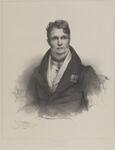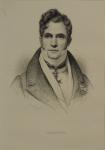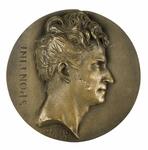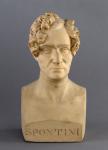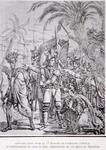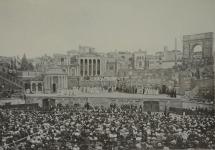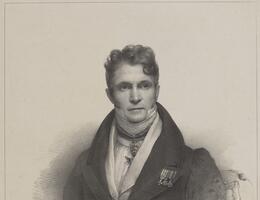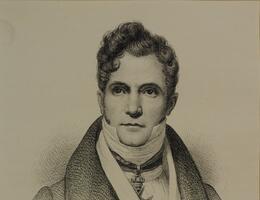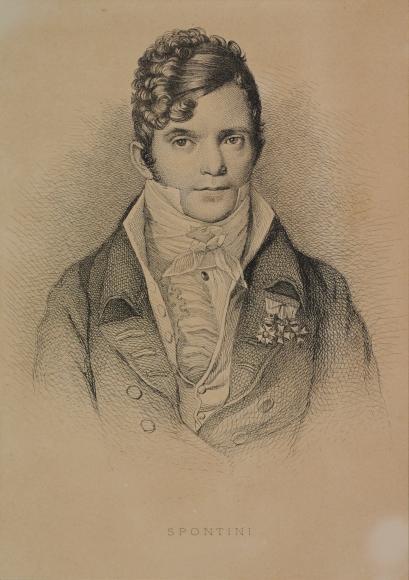
Gaspare SPONTINI
1774 - 1851
Composer
Born in Italy to a family of modest means who intended him for a career in the church, Spontini studied music at Naples Conservatory. Difficult by nature, he proved to be a poor student and left the establishment before completing his training. This had a detrimental effect on his first few attempts, which were nonetheless undeniably artistic in character. Drawn by the exciting hustle and bustle of Paris, he moved there in 1803, and was soon commissioned to write several opéras comiques, La Petite Maison and Milton (1804), then Julie ou Le Pot de fleurs (1805). Under the patronage of Empress Josephine, he became her personal composer in 1805. However, being a man of the stage, his overriding ambition was to try his hand at the tragédie lyrique. In his three masterpieces—La Vestale (1807), Fernand Cortez ou La Conquête du Mexique (1809) and Olimpie (1819), he succeeded in reviving Gluck’s language by employing various stylistic techniques found in Revolutionary music. For this reason, he can be regarded as a pioneer of the great Romantic opera. Although his fame was now assured, he produced only a few works in France, including Pélage ou Le Roi de la Paix (1814) and Les Dieux rivaux (1816). He also composed several vocal pieces, a few sacred works and produced numerous pieces of writing. Despite his naturalisation in 1817, the hostile reaction to Olimpie caused him to leave Paris in 1820 for Berlin, where he composed his last four operas, including Lalla Rookh (1821) and Agnes von Hohenstaufen (1829). After one last stay in France, between 1842 and 1847, he died in his native village of Maiolati.
Focus
Focus
Napoleon and music
Documents and archives

Testimonial, Correspondence
An artist put to the test of his century. Correspondence of Étienne-Nicolas Méhul (Vincent Hadot)
Scientific publications
Publication
Gaspare Spontini. La Vestale
Articles
A new operatic world
Articles
Beyond the myth
Publication

